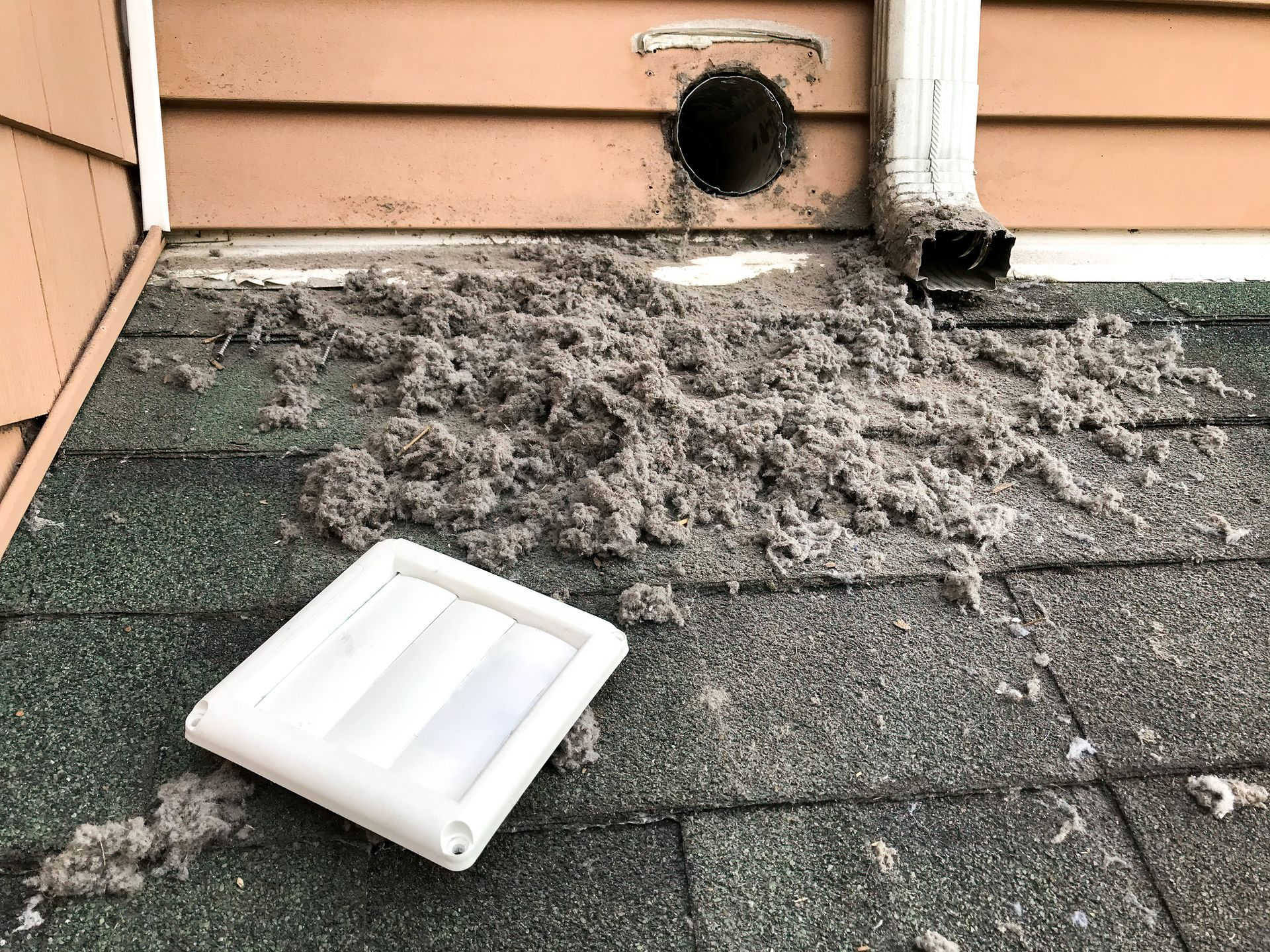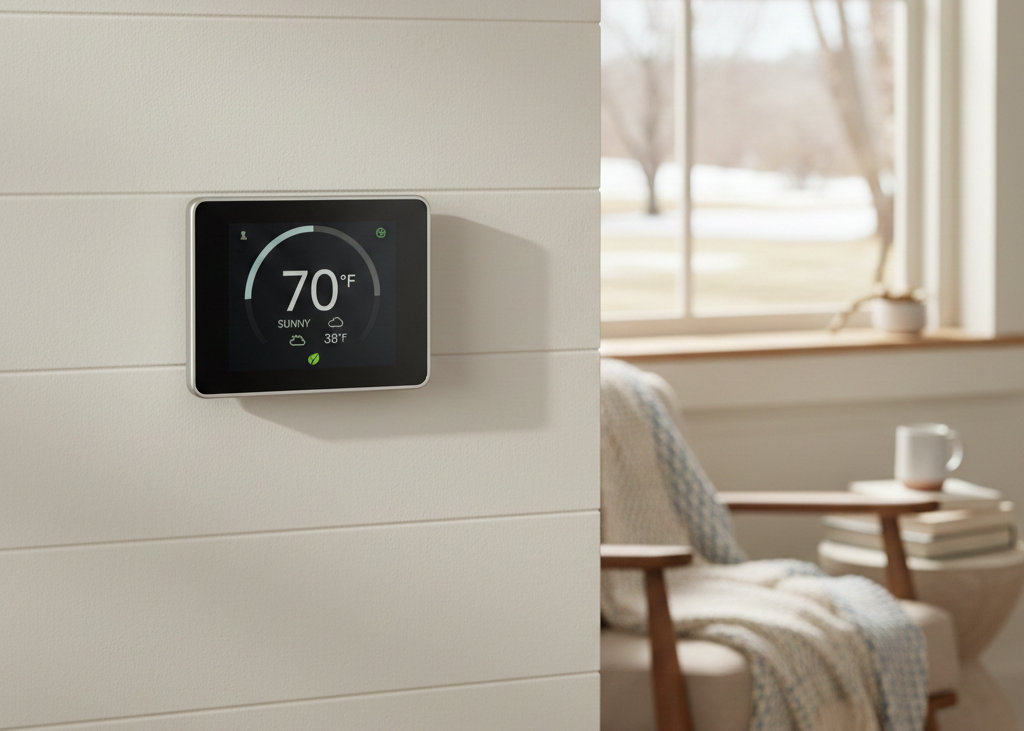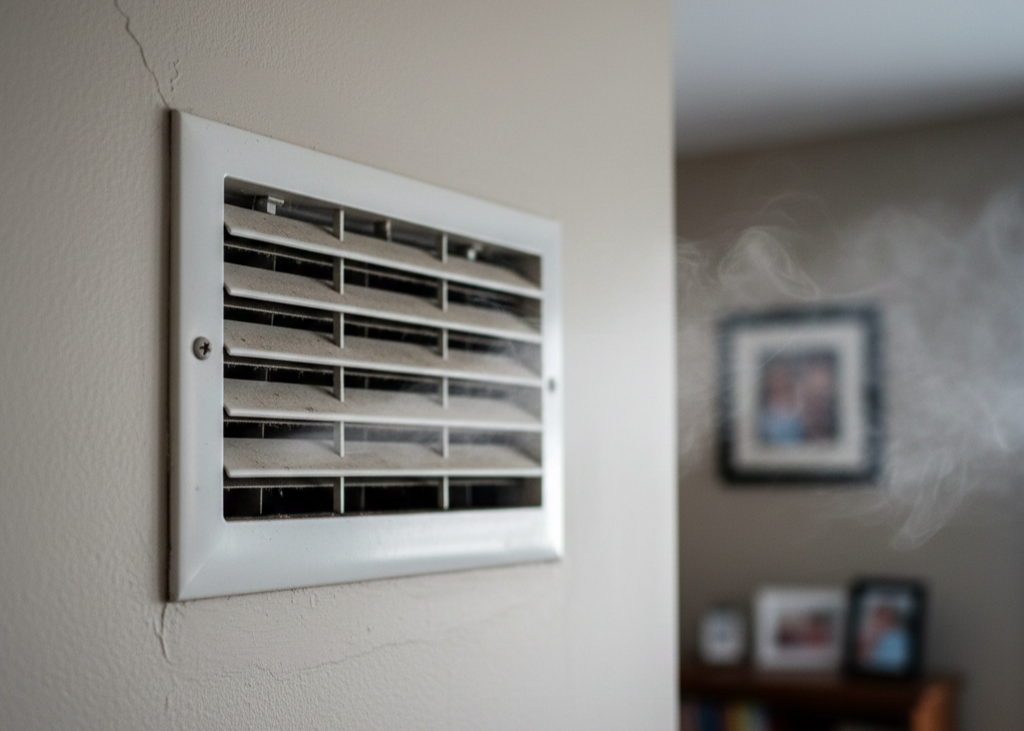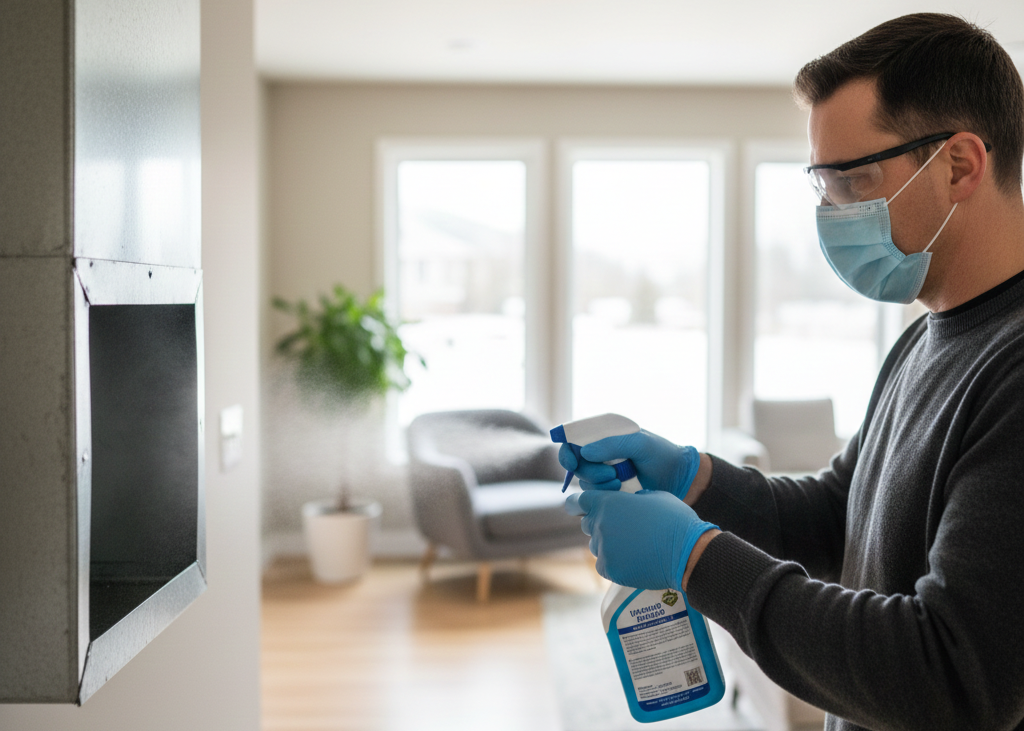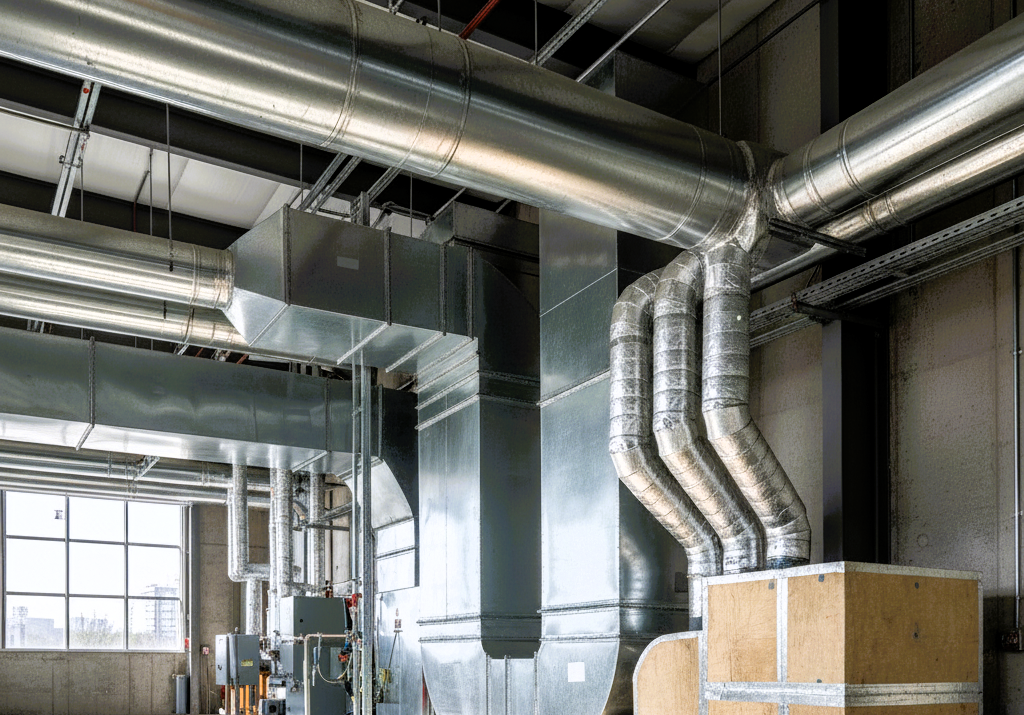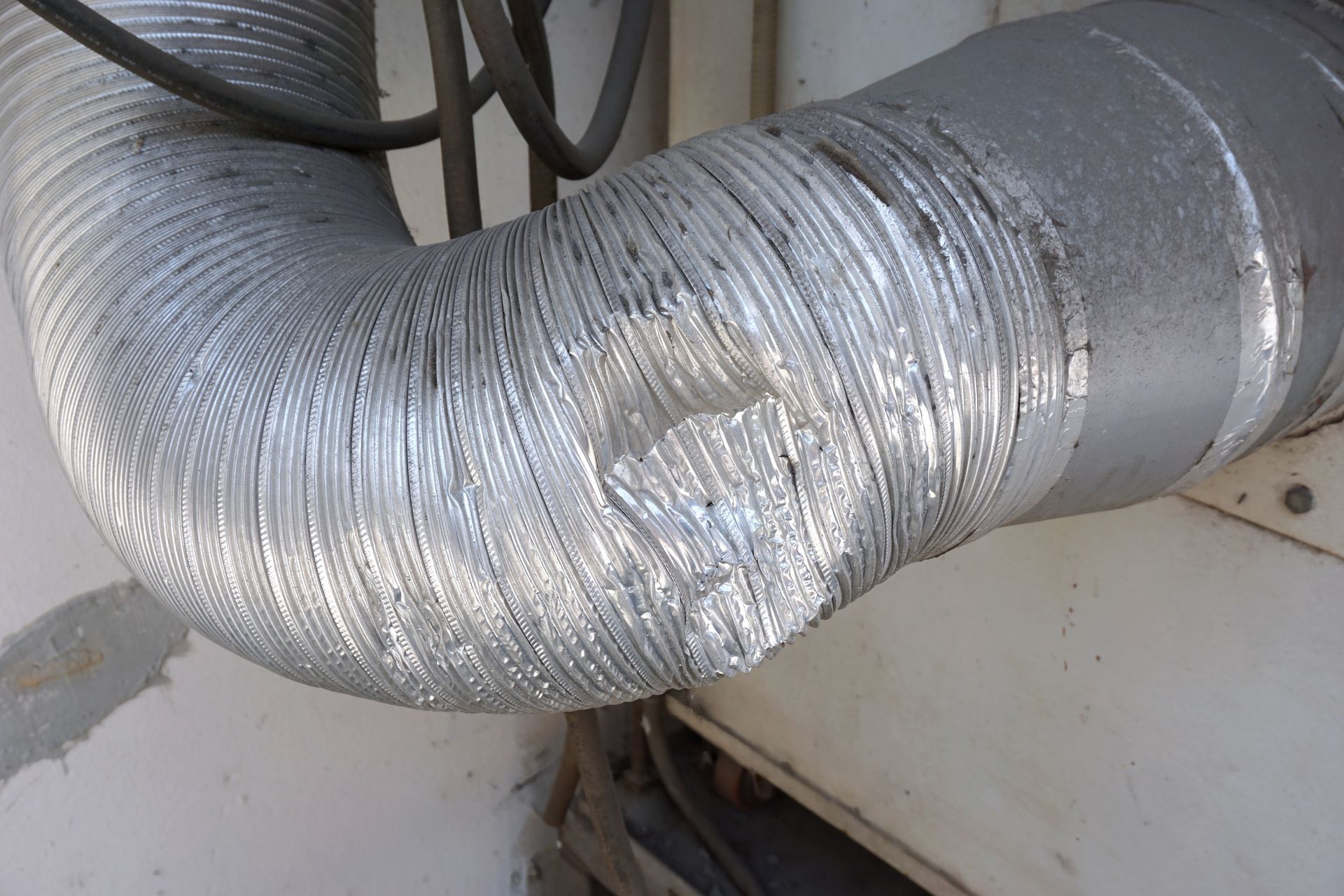HEPA vs. Standard Filters: Which One’s Right for Your Home?
What you need to know about HEPA vs. standard HVAC filters
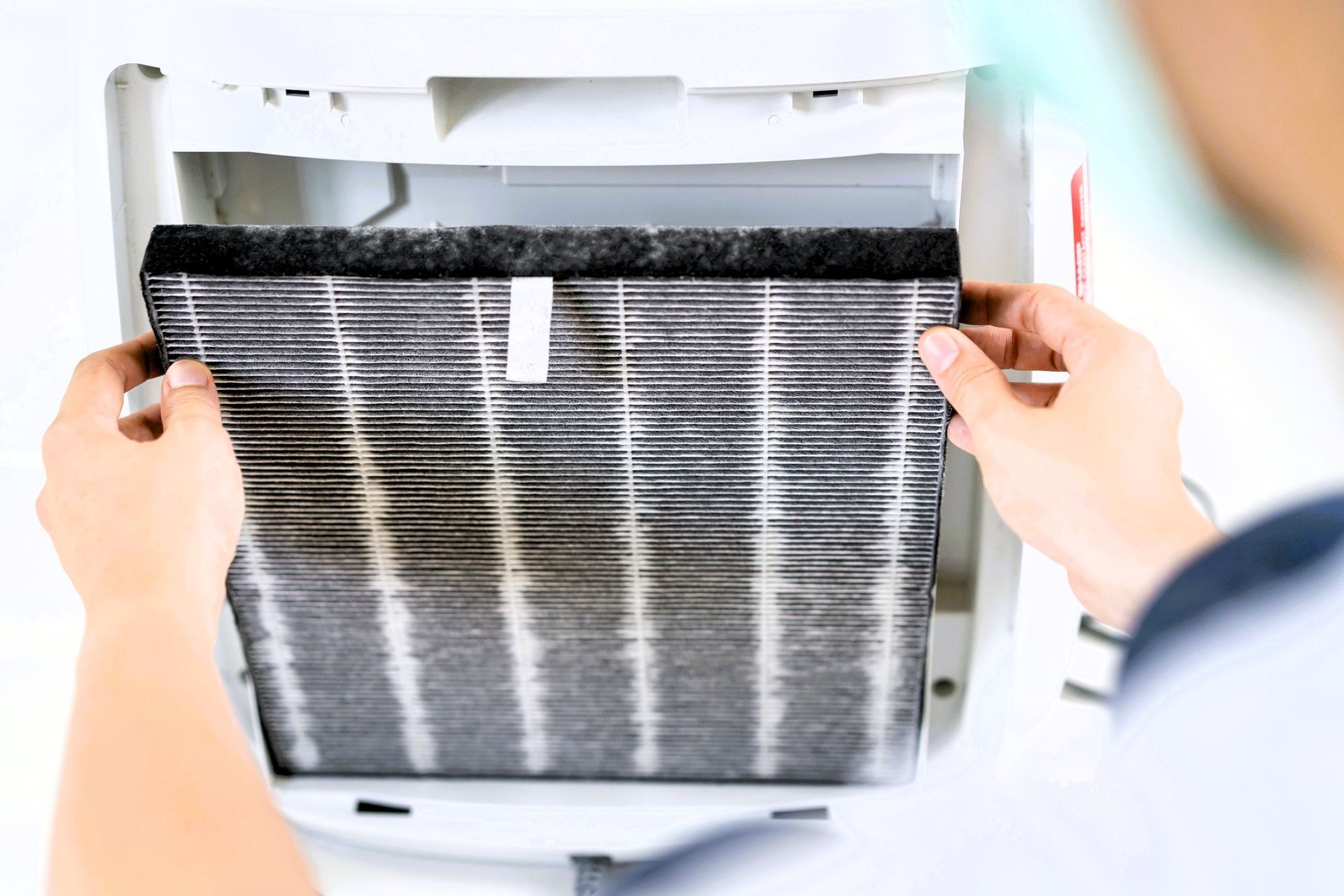
Ever notice your family sneezing more in the spring, or see dust piling up on your furniture just days after you’ve cleaned? You’re not alone. Here in West Michigan, we get a mix of pollen blowing in off the lake, humidity that stirs up mold, and everyday dust that never seems to quit. That’s why the air inside your home should feel like a safe, clean escape—not another allergy trigger.
That’s where your HVAC filter comes in. But when people start tossing around terms like HEPA vs. standard filters, it can feel like you’re drowning in alphabet soup. Don’t worry—we’ll break it down in plain English so you can figure out what’s best for your home and your family.
Standard Filters: The Everyday Workhorse
Think of standard filters as the “basic but reliable” option. You can find them at any hardware store, they’re cheap, easy to replace, and they do a solid job of catching the big stuff—dust, lint, and pet hair.
The catch? They’re not designed to trap the really tiny particles, like pollen or mold spores. So while they help keep your home cleaner and your HVAC system running smoothly, they don’t always deliver that fresh, crisp air feeling.
HEPA Filters: The Heavy-Duty Cleaners
HEPA filters are like the VIP section of air filtration. They’re built to capture up to 99.97% of particles as small as 0.3 microns. Translation: they snag almost everything—dust, smoke, pollen, pet dander, and even some bacteria. No wonder hospitals use them.
If you’ve got someone at home with allergies, asthma, or other breathing sensitivities, a HEPA filter can be a total game-changer. They’re also a big help in pet-friendly homes or during spring when pollen is everywhere.
But here’s the fine print: not all HVAC systems are built for HEPA filters. They’re thicker and denser than standard ones, which means they can block airflow if your system isn’t designed for them. They also come with a higher price tag.
HEPA vs. Standard: How to Decide
Here’s the quick breakdown:
- Go with a standard filter if you just need protection against dust and pet hair.
- Upgrade to a HEPA filter if allergies, asthma, or ultra-clean air are a top priority—and your HVAC system can handle it.
- Choose a higher-rated MERV filter if you can’t use HEPA but still want better air quality than a standard filter provides.
At the end of the day, it’s about balancing your family’s health needs, your system’s limits, and your budget.
Don’t Overlook Your Ducts
Even the best filter can’t do its job if your ducts are dirty. Dust, pet hair, debris, or even mold hiding in your ductwork can overwhelm any filter. That means your air quality drops, your system works harder, and your filters wear out faster.
Getting your ducts professionally cleaned gives your filter a clean slate. You’ll notice better airflow, longer-lasting filters, and fresher, healthier air moving through your home.
Wrapping It Up
At the end of the day, both HEPA and standard filters have their place. The right choice depends on your home, your family’s health, and your HVAC system. But here’s the one thing they both rely on: clean air ducts.
If you want your filter—HEPA or standard—to do its best work,
schedule a professional duct cleaning with Lakeshore Air Duct Cleaning. We help West Michigan homeowners breathe easier by clearing out the dust and debris that filters can’t reach. Because when your air is clean, your home truly feels like home.

